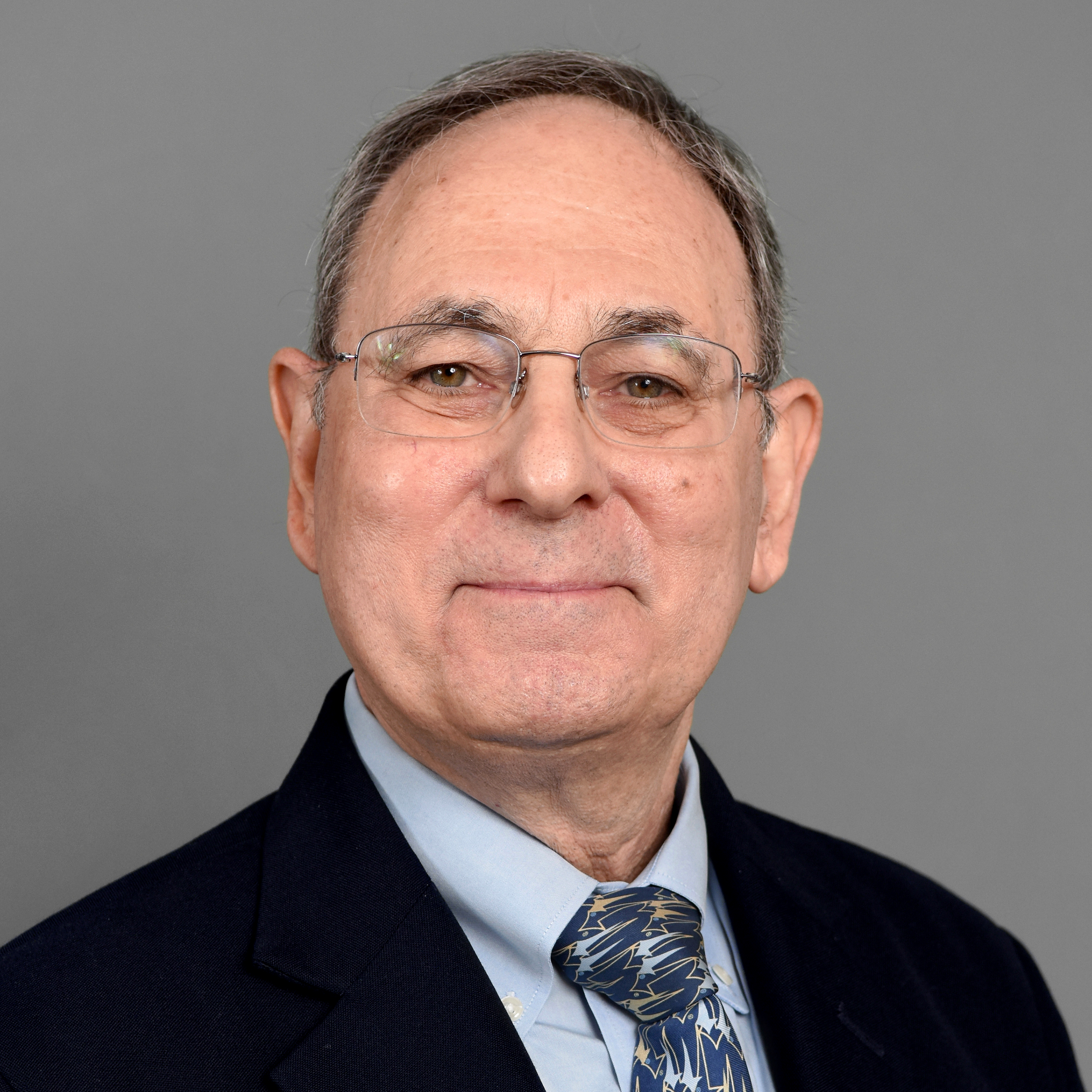Golden grad reflects on dynamic career, journey back to ASU and what has changed in 50 years
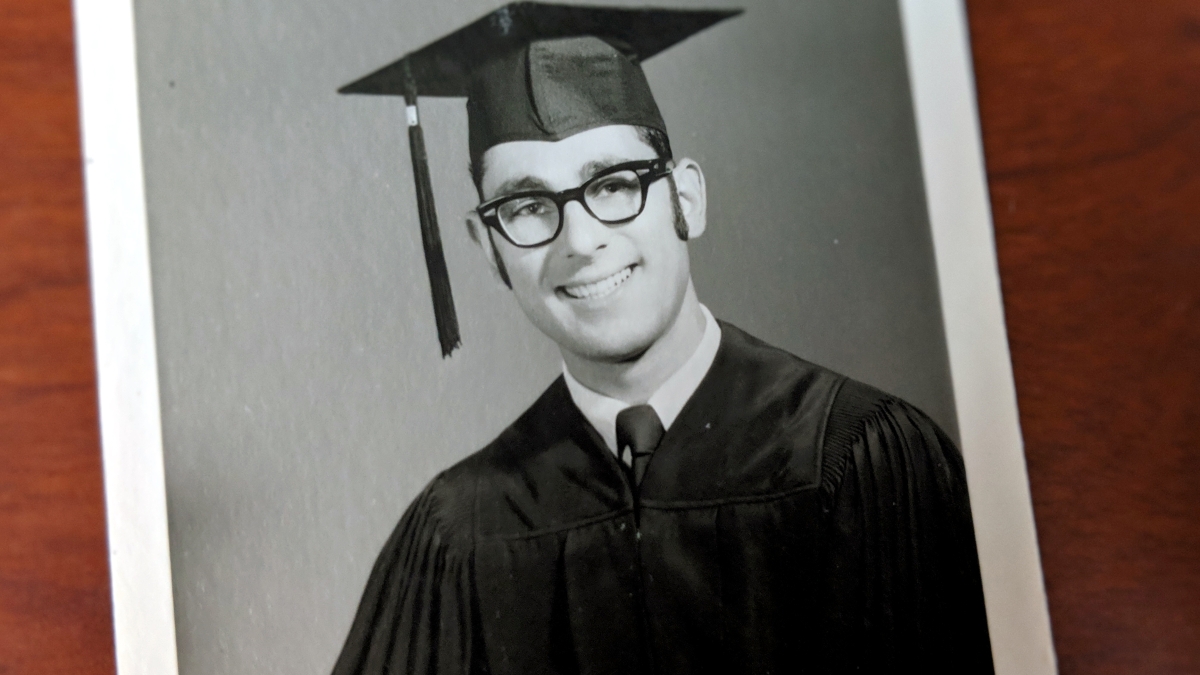
Geoffrey Gonsher's graduation photo from 1969.
Anniversaries are ways to mark milestones and reflect on the years and accomplishments that occur between them. A 50th anniversary is a particularly momentous occasion, one that has been long affiliated with the precious metal gold. This year, a faculty member in Watts College of Public Service and Community Solutions is celebrating his golden anniversary as an alumnus of Arizona State University.
From an eager undergrad to an adviser to some of the highest offices in local government, Geoffrey Gonsher, a professor of practice in ASU’s School of Public Affairs, has built an impressive resume over the last five decades. In 2010, he added his role as faculty to the list — a position he never pictured himself holding but now one he holds dear.
We asked him to share a bit about his journey, his memories of ASU and his insights for today’s grads.
Question: When you left ASU 50 years ago, did you ever imagine you’d be back in this capacity?
Answer: No. Although I was confident of my knowledge about government and politics when I received my undergraduate and my graduate degrees in political science, I never viewed teaching as my career path. I saw myself as a public policy person working for elected officials and government agencies. It was after my friend Professor Martin Vanacour asked me to step in to replace a professor who dropped out of a course in 2010 that I gained the confidence and ability to plan and present academic and professional information on a regular basis to students. I am thankful for that opportunity and wish I had done it sooner.
Q: Where has your degree taken you since graduation day?
A: My degrees have taken me to the heights of public policy success and to the depths of political conflict. I have worked as a public policy adviser, cabinet member, agency executive and speechwriter for over 30 elected officials — 15 republicans and 15 democrats. I held executive management positions in the administrations of Arizona Governors Rose Mofford, Fife Symington, Jane Hull and Janet Napolitano and served on the staff of Phoenix Mayors Margaret Hance and Timothy Barrow. In addition, I was the head of several state agencies, including the Arizona Lottery, Department of Racing and Boxing, Corporation Commission, Governor’s Division of Workforce Development and the Department of Weights and Measures.
Geoffrey Gonsher
Q: From your perspective, how has ASU changed over the last 50 years?
A: It has both changed and remained the same. What is consistent is the passionate activism of students. During my undergraduate days, it was the civil rights movement, the anti-war period, the generation gap, the marijuana counterculture, the space race, the sexual revolution and the beginnings of the women’s movement. Today, students are actively involved in immigration issues, minority interests, LGBTQ rights, climate control, poverty, women’s equality and many other societal problems. The issues have changed, but the commitment and fervor are just as strong.
What has changed is for the good. When I look at 58 pages of graduates in the 1969 annual, there are only about two dozen students of color, which was about .048% of the graduating class. Today, our multicultural university is a leader across the country in accepting, supporting and graduating students who represent every community and demographic in America. Good for ASU and Arizona!
Q: What is one of your most memorable ASU experiences — from now or when you attended?
A: Graduation night when I saw my father cry. He had come from a difficult home environment on the streets of New York, through World War II, as an undereducated worker in the fields outside Phoenix, to a factory worker who raised his sons to be good men with a strong work ethic to do more and better than he had accomplished in his life. It always reminds me to do what I can for my students as my father did for me.
Q: What advice would you give to students graduating in 2019?
A: My advice is not to focus on your salary, your title or your job in your career. Just do your work. People will notice and respect that. Do not spend time plotting your next promotion, raise or job. If you are conscientious, dedicated, thorough and fair in all your professional dealings, people will recognize your talent and your value. The promotions and raises will happen when you least expect them and more often than if you were to plan them out. Before you know it, you will be the person in charge and making these decisions for others.
More Law, journalism and politics
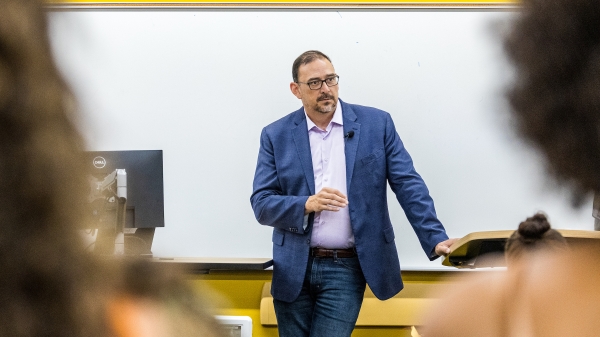
Arizona secretary of state encourages students to vote
Arizona Secretary of State Adrian Fontes looked right and left, taking in the more than 100 students who gathered to hear him…
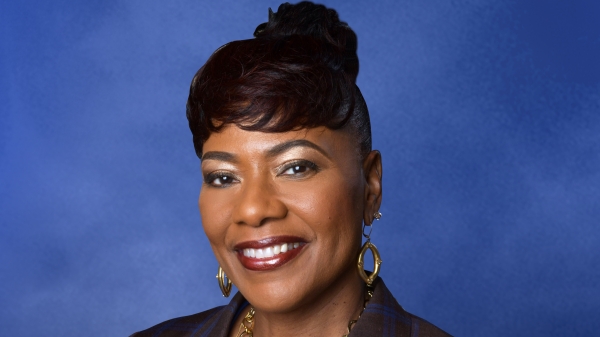
Peace advocate Bernice A. King to speak at ASU in October
Bernice A. King is committed to creating a more peaceful, just and humane world through nonviolent social change.“We cannot…
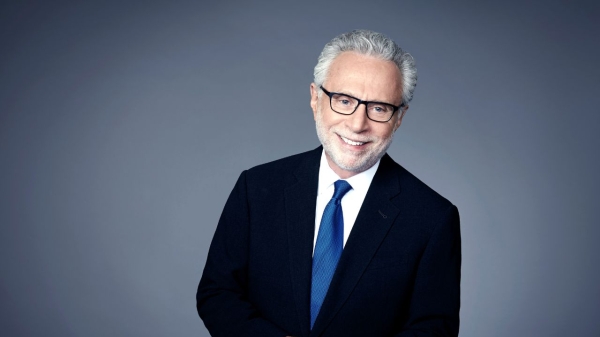
CNN’s Wolf Blitzer to receive 41st Walter Cronkite Award for Excellence in Journalism
Wolf Blitzer, the longtime CNN journalist and anchor of “The Situation Room With Wolf Blitzer,” will accept the 41st Walter…
